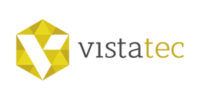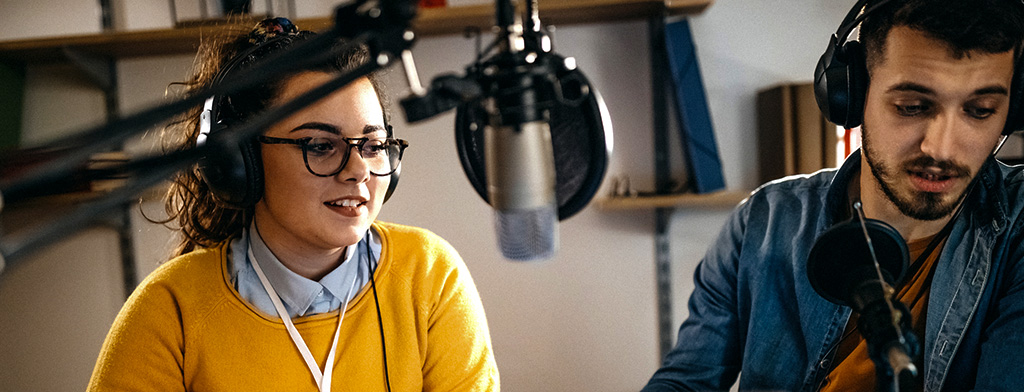Bridging Language Barriers, Human-Machine Collaboration, and the Future of Translation - VistaTalks Episode 118
Effective translation and localization services are critical in a world where communication and understanding are paramount. Sharon O’Brien, the esteemed Associate Dean for Research in the Faculty of Humanities and Social Science at Dublin City University, is a leading expert in translation technology, crisis translation, and machine translation. In this engaging podcast episode, we had the pleasure of discussing O’Brien’s groundbreaking work and exploring topics such as the role of translation in crisis response, the human factors in machine translation, and the potential for human-machine collaboration.
The Human-Machine Relationship and Lessons Learned
The conversation with Sharon O’Brien included reflecting on the initial introduction of machines into human workflows. O’Brien highlighted the crucial mistake made in marketing and perceiving machines as replacements for humans. Instead, she emphasized the need for human expertise to collaborate with machines. The human role in translation, O’Brien believes, will evolve to support and enhance machine capabilities rather than being rendered obsolete. Lessons learned from this misstep are now driving the need for a more comprehensive understanding of human-computer interaction in various fields, including translation.
Machine Translation – Augmenting Human Abilities
O’Brien’s extensive research in machine translation has brought to light the potential for AI to augment human cognitive abilities in the translation process. Acknowledging that human cognitive limitations exist, O’Brien sees machine translation as a tool to complement and extend human capabilities rather than replace them. She emphasizes the need to delve deeper into the concept of augmentation and move beyond simply providing tools to translators. O’Brien envisions a personalized AI augmentation system that can identify when a translator is confused, frustrated, or needs assistance and offer tailored solutions based on individual preferences and needs.
Ethical Considerations and Personalized Augmentation
While the science behind identifying cognitive states and offering personalized AI augmentation exists, O’Brien acknowledges the ethical questions that arise from such practices. In implementing these technologies, consent, data collection, and privacy issues must be addressed. However, O’Brien highlights the importance of considering the potential benefits of personalized augmentation in the translation field, where translators can benefit from real-time assistance and support to enhance their performance and overcome cognitive limitations.
Language Specificities and Gender
The conversation also addressed the challenges presented by specific languages, such as Spanish, which has gendered nouns. O’Brien acknowledged that machine translation systems have progressed in addressing such linguistic nuances, but work still needs to be done. Languages with gender and high inflection pose unique difficulties for machine translation. Additionally, the evolving use of language and changing gender dynamics further complicate the translation process. O’Brien stressed the importance of ensuring that machines can access sufficient and appropriate data to learn and adapt to these complexities.
The Impact of AI-generated Content on Localization
On the potential impact of AI-generated content on the localization industry, O’Brien expressed uncertainty about the exact implications but considered both the positive and negative aspects. AI-generated content may provide more transparent and refined source texts for translation by correcting grammar and conforming to specific registers. However, the limitations and biases encoded in the AI-generated data pose challenges. O’Brien raised concerns about the fallacies and limited creativity that AI-generated content may exhibit, emphasizing the need for scrutiny and human intervention to ensure accurate and contextually appropriate translations.
The Role of Language Engineers in Localization
Sharon introduced the concept of language engineers, a new role emerging in the localization industry. She highlighted the need for a revised understanding of the traditional roles of translators and localization engineers. Language engineers possess linguistic skills and engineering knowledge, enabling them to bridge the gap between translation and engineering tasks. They have machine learning, data annotation, and programming expertise, allowing them to leverage translation technologies and optimize localization processes effectively. As the localization industry evolves, the role of language engineers becomes increasingly vital in ensuring seamless and accurate translations. By understanding the intricacies of language and technology, language engineers can adapt to the changing landscape of localization, contributing to improved efficiency and quality in the translation workflow.
As a distinguished expert in translation technology, crisis translation, and machine translation, Sharon O’Brien has pioneered research and innovation in bridging language barriers. Sharon provides invaluable insights into improving language support systems and ensuring effective communication in times of urgency.

